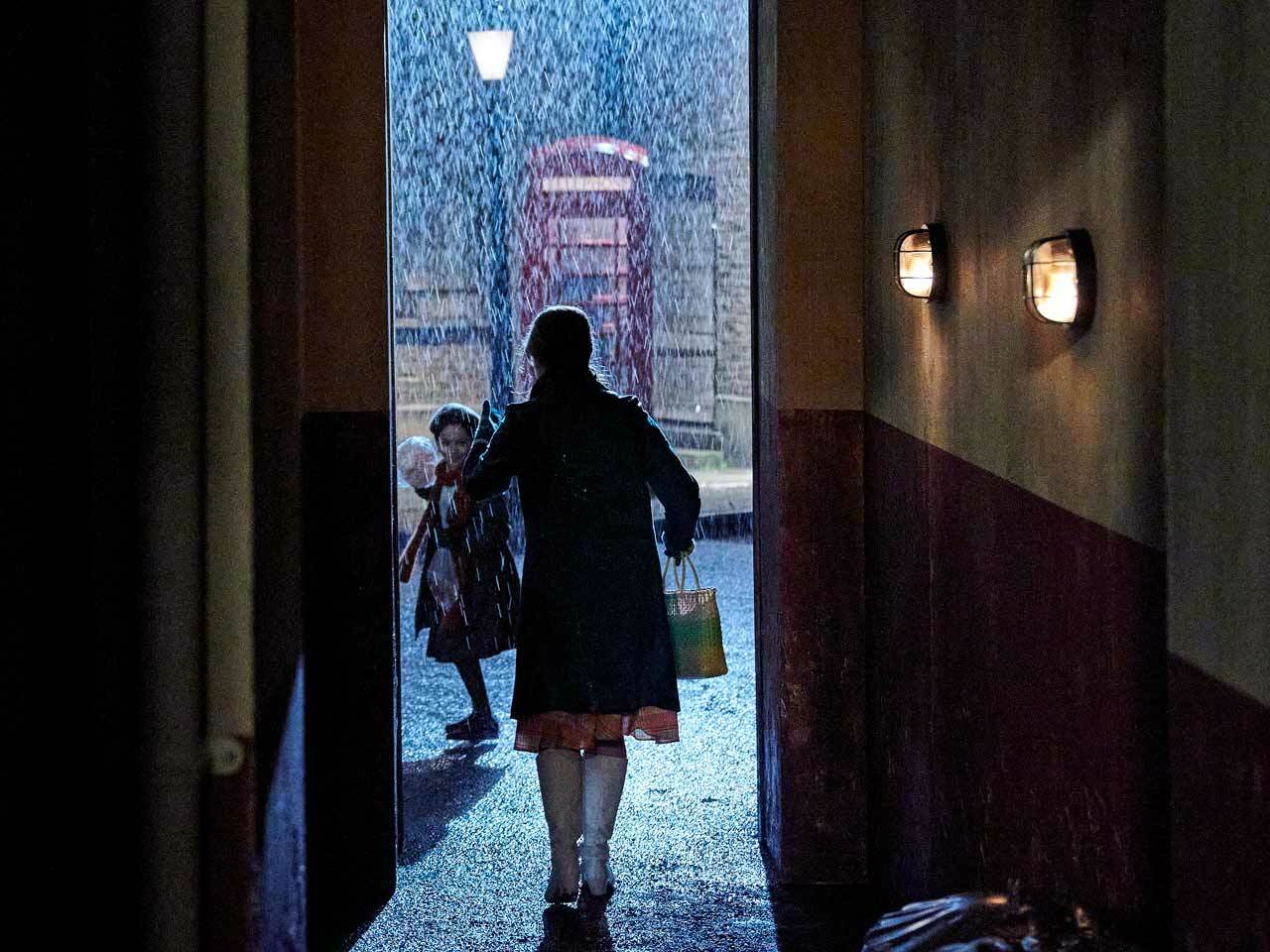
Since its own birth in 2012, this enduring British drama has continued its popularity by persistently exploring the repeating themes of human struggle involving birth, life/community and death. The upcoming tenth season is comprised of seven episodes. An eighth episode is a Grand Finale with actor/actress interviews and a fun look back to previous seasons; a truly delightful celebration of this drama’s milestone season. Get ready for another thrilling, joyful and sometimes bumpy ride that is Call the Midwife.
This will be the seventh season I have blogged my modern North American midwife perspective, inspired by each episode’s themes and my real life experiences. This season represents 1966. Seven years later in 1973, I graduated from nursing school. The number seven has been given great symbolic significance in religion, mythology and superstition. Most of us were taught that the number seven is lucky. Coincidentally, it takes seven distinct maneuvers through the maternal pelvis for a baby to successfully be born. It is a lucky mother and baby when all seven are accomplished. Every student midwife is taught to recognize these colorfully named “cardinal movements.” Pop quiz later.
Now retired, many of my posts have been personal memoir. A logical angle for a show based on midwife memoir. My past experiences as nurse and midwife continue to frame my views, but as I slow down, a new world continues spinning faster and now seems almost beyond my grasp. I am approaching a milestone birthday involving the number seven and although still far from dotage, I relate more and more to Sister Monica Joan, delightfully portrayed by actress Judy Parfitt. This season I hanker to take a fresh approach to the reoccurring Call the Midwife topics. Picking up on the theme of the number seven, each of my next seven blog entries will center around one of the seven deadly sins and the corresponding virtue it battles against. To be clear, the deadly sins and virtues are not mentioned anywhere in the Christian bible. They were devised by monks in the third or fourth century, passed on and revised to become foundational beliefs. Pop quiz: How many cardinal movements must a baby maneuver to be born?
No matter what one’s religious or spiritual leanings, these traditional concepts of sin and virtue are the scaffolding around which British and North American cultures have been formed. As primarily Christian countries, communities within these cultures often judge their members by these concepts of bad and good. The classic seven sins and their antidotes would certainly be basic notions from which the Sisters of Nonnatus would view the world and their function within it. I confess that I may stretch a bit in fitting the definitions of sins and virtues into each episode’s motifs. I do not intend this as religious debate or judgment but merely a rudimentary cultural examination. As there are wide ranging ideas about precise meanings of sin and virtue, I will be using broad sweeping definitions.
Come along for the exercise and see if the stretching and sweeping will develop a different mental muscle to ponder the human struggles encountered by Call the Midwife characters during the 10th year of their dramatic journey. Join me to contemplate the history of changing ideas of sin and virtue and the social effort to understand complexities of human nature and motive.
Optional pre-reading: How the Seven Deadly Sins Began as 'Eight Evil Thoughts'